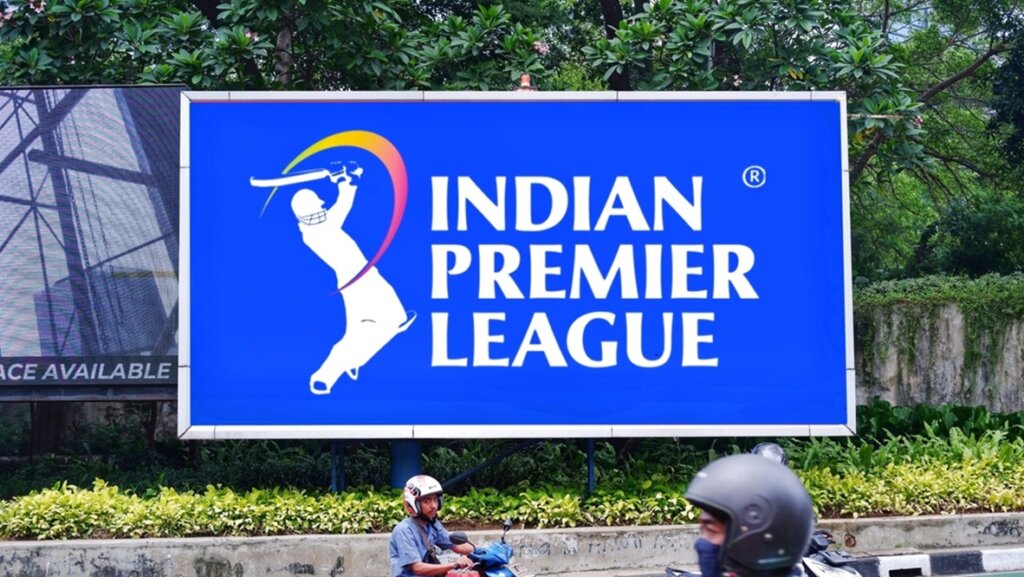From 400 to Over 1.18 Lakh startups - Prime Minister Modi's vision transforms the nation's entrepreneurial landscape in 2024
The year 2024 signifies the eighth anniversary of India’s transformative Startup India program, which has evolved from around 400 startups in 2016 to a staggering 1.18 lakh startups today. Launched on January 16, 2016, by Prime Minister Narendra Modi, the initiative aimed to create an environment conducive to innovation, support startups, and boost investments in the country’s startup sector. Recognising the pivotal role of startups in nation-building, socio-economic development, and fostering self-reliance, PM Modi officially designated January 16 as National Startup Day in 2022.
In 2024, with over 69,000 startups recognised by the Department for Promotion of Industry and Internal Trade (DPIIT), the sector has become a dynamic force. Notably, 47% of these recognised startups have at least one-woman director, contributing to a more inclusive entrepreneurial landscape. The DPIIT-recognised startups have generated 7.5 lakh jobs, showcasing the substantial impact of these ventures on employment.
Union Commerce, Industry, and Textile Minister Piyush Goyal announced awards in various categories, highlighting the achievements of startups across the nation. With 12,42,072 people employed in startups, especially 50% from Tier 2 & 3 cities, the startup wave is transcending geographical boundaries.
Recognition Across States: A Tale of Excellence
In Category A states (population exceeding 10 million), Gujarat, Karnataka, Kerala, and Tamil Nadu have emerged as the best performers, while Maharashtra, Odisha, Punjab, Rajasthan, and Telangana have been recognised as top performers. Andhra Pradesh, Assam, Madhya Pradesh, Uttar Pradesh, and Uttarakhand are celebrated as leaders, with Bihar and Haryana designated as aspiring leaders. Emerging ecosystems include Chhattisgarh, Delhi, and Jammu and Kashmir.
In Category B states (population less than 10 million), Himachal Pradesh leads as the best performer, and Arunachal Pradesh and Meghalaya are acknowledged as top performers. Goa, Manipur, and Tripura are recognised as leaders, while Andaman and Nicobar Islands and Nagaland are designated as aspiring leaders. Emerging ecosystems encompass Chandigarh, Dadra and Nagar Haveli and Daman and Diu, Ladakh, Mizoram, Puducherry, and Sikkim.
Quotes by CEOs, CXOs and founders of startups in celebration of National Startup Day:
EarthyTweens CEO, Nishant Kumar, expresses enthusiasm about India’s startup ecosystem, which has secured the third position globally in startup formations. With projections indicating a trajectory to reach $100 billion by 2025, Kumar highlights the resilience and potential of the Indian startup ecosystem in shaping global entrepreneurship.
Werq Labs Chief Technology Officer, Javed Badshah, emphasises the fundamental ideas of availability, adaptability, and agility for a successful startup. Badshah believes that responsiveness to customers, flexibility in adapting to market changes, and quick implementation of necessary changes form the foundation of a startup’s success.
CEO and Founder of HMT & HOLIDAYS, Tirthesh Bakliwal, shares his startup journey, emphasising the importance of team selection, creating relationships with vendors, and prioritising service over money. Bakliwal’s journey from zero investment and a lack of practical knowledge to sending over 1000 people on tours every month highlights the potential for growth in the Indian startup scene.
Navigating the Funding Landscape for Indian Startups
Securing funds is a crucial aspect of a startup’s journey, and Indian startups follow a multi-stage process:
- Bootstrapping: In the initial stages, founders invest their own capital and gather contributions from friends and family, allowing them to maintain control over the company’s direction.
- Seed Funding: Startups seek seed funding from angel investors to further develop their products and validate their business ideas.
- Series A, B, C, and D Rounds: As startups demonstrate growth potential, they progress to substantial funding rounds facilitated by venture capital firms. Each round corresponds to a higher valuation and supports expansion efforts.
- Going Public: Some startups opt to go public through an Initial Public Offering (IPO), offering shares to the public. This allows anyone to invest in the company and provides founders and early investors an opportunity to sell their shares.
The Indian startup ecosystem’s impressive growth and diverse voices underscore its vital role in India’s economic landscape, promising continued innovation and global competitiveness in the years to come.



